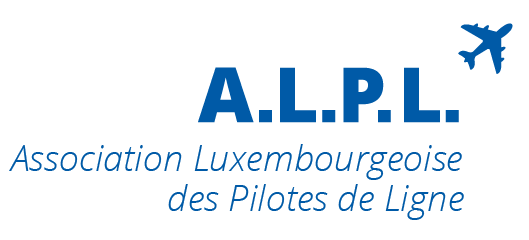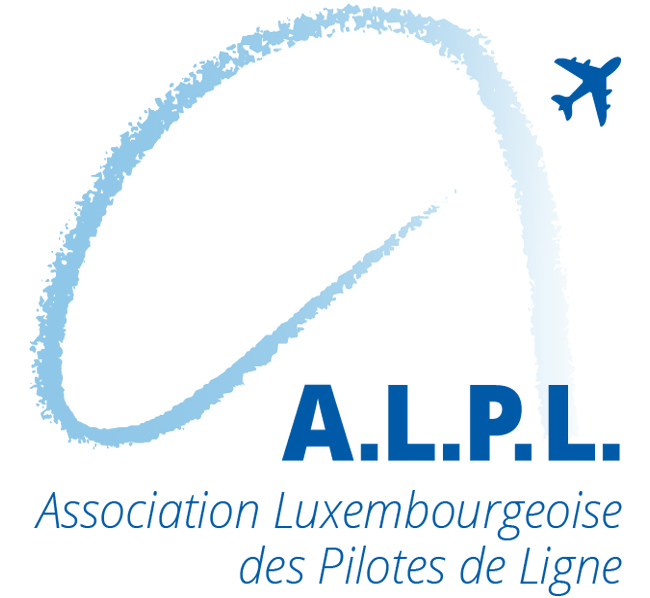Please find below an update in regards to:
- FFOD Agreement
- Fatigue Alerts
- Forgotten Passport
FFOD Agreement
In our March members update we informed you about discrepancies in regards to who should sign and ratify the final version of the FFOD Agreement.
Because of a slight deviation from the principle mentioned in CWA B1-37.1.3 c) v) “Not more than 50% of either BC or FO can be on immobilized FOD in any given roster” and the fact that this agreement is an essential part of the CWA, we have always been of the opinion that it should be signed by the unions, which however was refused by Flight Operations Management and EVP Legal Affairs and Compliance.
In a meeting with our CEO in April 2018 this item was again on the agenda and we are pleased to announce, that the initial position of upper management was reconsidered and a commitment from the CEO to sign the FFOD Agreement with the unions was given.
Please click here to download and to familiarize yourself with the FFOD Agreement.
We will continue to monitor the application of the FFOD procedure and address any deviation in the next JCSC meeting which is planned in June 2018.
If you have any questions or experience any inconsistencies with the allocation of your FFODs, do not hesitate to contact us at cvboard@alpl.lu for further clarification.
Fatigue Warnings
As communicated to you already in earlier updates, fatigue warnings, being received from crew control, are based on a mathematical model and trigger when the calculated alertness level exceed a predefined score. In fact, the actual alertness level could be higher or lower, depending on the real condition of the individual.
Statements made in the past in the “Boxed Items” flight safety publication that any pilot who received a fatigue warning by crew control and who operates a flight in spite of a previous fatigue warning will not face any “punishable action in case an incident or accident occurs after crew control has warned of potential fatigue” cannot remain uncommented from our side.
In fact, such statements create misunderstandings in the chain of responsibilities and underestimate any possible legal liability and accountability in case of an incident or accident.
To make it clear – according to EASA ORO.FTL.110 – it is the initial responsibility of the operator to manage and mitigate fatigue. It is in the first place the responsibility of the operator to schedule flights already in the planning stage so that rosters are sufficiently free from fatigue. A transfer of this obligation to the respective pilots to decide whether or not they would be able to operate a specific flight cannot be seen as a relief from the principle obligation of an operator.
These considerations only take into account aspects from EASA FTL regulations. Legal implications of civil or even criminal nature after a possible accident or incident where somebody could personally be held liable were discussed in earlier publications.
Therefore, in case you received a fatigue warning, we strongly suggest to apply a very high and professional standard determining your capability to safely operate any subsequent flight. Please remember that you possibly might face a situation where you have to justify your decisions.
As we have indicated in the past, maintaining a sleep log, or using the LEAF App, will assist you in making the professional decision. Also, do not forget to file a proactive fatigue report when asking for additional rest. Please click here for additional guidance on how to write a proactive fatigue report.
Forgotten Passport
As many of you have already learned, one of our colleagues got into trouble for unintentionally leaving behind his passport on his way to China. We would like to give you a brief update on the facts and latest developments of this case, since all of us could face a similar situation someday.
After trying to enter China without his passport the pilot was not admitted into the country and consequently -in lieu of a fine- was deported. A monetary fine was not issued against this colleague, but rather against the company which had to pay approximately 900.- Euros. Management then tried to pass on this fine to the pilot concerned, arguing that this was not a disciplinary issue but rather the attempt to obtain a monetary compensation.
On request by the pilot concerned, pilot representatives got involved into the case and tried to communicate to all parties with the aim to find a solution. This process is ongoing and once we have obtained a position from management we will communicate this to the individual pilot and to you the members.
Additionally, we would like to point out that any pilot who is facing similar issues should refrain from going public. Public discussions might not help to bring the case to a satisfactory outcome.





